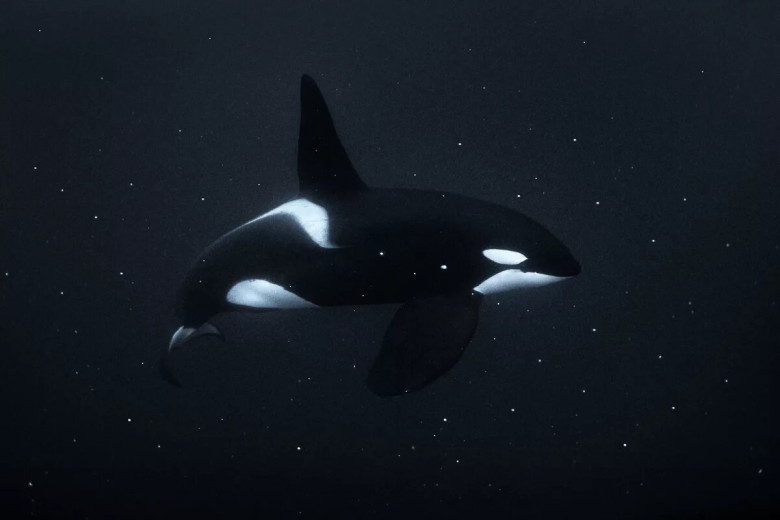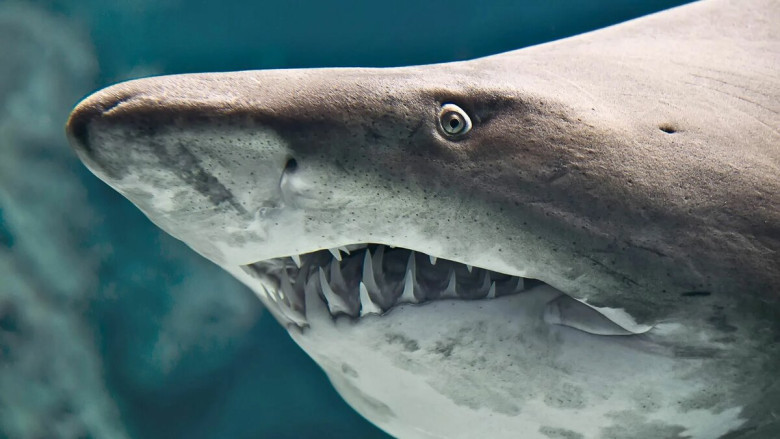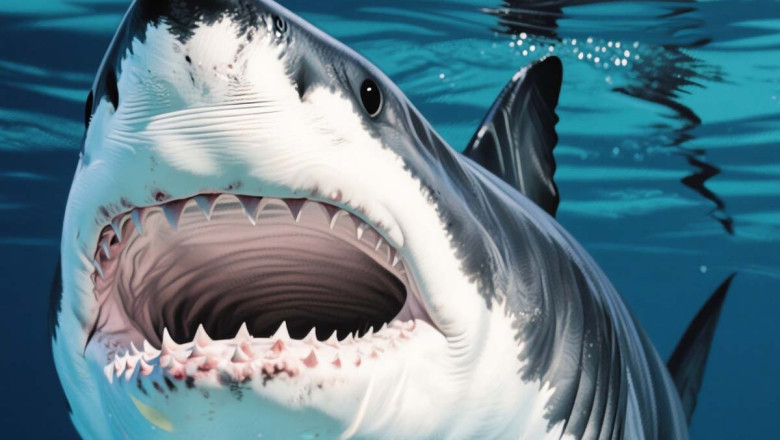Unraveling the Myths: Understanding Sharks Beyond Fiction

In the dim, turbulent waters of our oceans lurk creatures that have long been shrouded in myth and misconception: sharks. Often portrayed as ferocious hunters in blockbusters like Jaws and Open Water, these ancient beings have been cast in a light that blurs reality. As we embark on a journey to separate fact from fiction, it's crucial to understand not only the truths about sharks but also the implications of our misconceptions on their survival.
Myth 1: All Sharks Are Dangerous to Humans
Despite the ominous reputation, the reality is strikingly different. Of the over 500 shark species, the overwhelming majority pose no threat to humans. Most sharks are dietary specialists, primarily consuming bony fish and crustaceans, with some, like the majestic whale shark, growing up to 18 meters and surviving solely on plankton. These gentle giants glide through the water, their enormous mouths sifting through the sea with grace.

Shark attacks on humans are exceedingly rare. When they do occur, it’s often due to misidentification; the shark may confuse a swimmer for its natural prey, or the frantic movements of a person may attract curiosity, leading to an exploratory bite. Even more comforting? The odds of dying from a shark attack are minuscule—30 times less likely than being struck by lightning. So, why do we cling to this fear? Perhaps it’s easier to believe in a monster than to see the vulnerable ecosystems that these animals inhabit.
Myth 2: Sharks Are the Masters of the Ocean
While it's true that many sharks hold pivotal roles in the marine food chain, the notion of them reigning supreme is a simplification. They face formidable competitors like the orca, a cunning predator known to hunt sharks with surgical precision, targeting their livers for a nutrient-rich meal. Additionally, larger sharks often engage in internal population control, hunting smaller species to maintain balance in their ecosystem. But the greatest threats don’t come from other marine creatures. Each year, between 70 to 100 million sharks are mercilessly fished for their fins, primarily to fuel a cruel culinary trend in East Asia. The image of the shark as a relentless predator is eclipsed by the sobering reality of their vulnerability to human exploitation.
Myth 3: Sharks Can Smell a Drop of Blood from Miles Away

The renowned ability of sharks to detect blood is exaggerated. While their sense of smell is remarkable, its effective range maxes out at around 50 meters—a far cry from the cinematic depictions of blood-detecting superpowers. Interestingly, sharks are much more sensitive to the scents of their natural prey than to human blood, which is not a signal to feast but a reminder of our responsibility toward these endangered species. Here lies a poignant truth: sharks do not exist to hunt us; we are merely accidental visitors in their realm.
Myth 4: Megalodons Still Roam the Depths
In the shadows of urban legends and sensational documentaries lurks the haunting idea that the megalodon, a colossal shark that once ruled the oceans, still lurks in the deep. However, scientific evidence firmly dismisses this belief. The megalodon became extinct approximately 3.6 million years ago, and despite our fascination with its mythical existence, evidence such as the absence of fresh teeth and the ecological traces it would have left prove otherwise. Yet, even in this myth, there is an emotional undercurrent—our fear of the unknown often causes us to create monsters from our own imaginations.
Myth 5: Sharks Must Constantly Swim to Survive
While many shark species, such as the great white, are indeed required to keep moving to breathe, this is not universally true. Numerous species utilize unique adaptations, allowing them to rest on the ocean floor, conserving energy and enabling them to hunt effectively. The spiny shark, for example, can pump water over its gills while remaining stationary. This nuance challenges the narrative of relentless predators, illuminating the complex behaviors that define these creatures.

As we peel back these layers of misconception, we see a deeper need for compassion and understanding. Sharks are not mere monsters in the deep but essential components of a fragile ecosystem. Tragically, one-third of all shark species now face the threat of extinction—an alarming testament to human irresponsibility and cruelty.
Reflecting on our relationship with these ancient beings brings forth a critical call to action. We must evolve beyond our fears, shifting from misconceptions rooted in terror to a more profound appreciation of the inherent beauty and importance of sharks. The real monster isn’t lurking in the depths but rather swims in the ignorance and neglect that plagues our oceans. It is time to give these magnificent creatures a fighting chance. After all, they’ve outlived the dinosaurs; surely they deserve to thrive in our seas—just like every awe-inspiring life form in our fragile marine world.
















Comments
0 comment